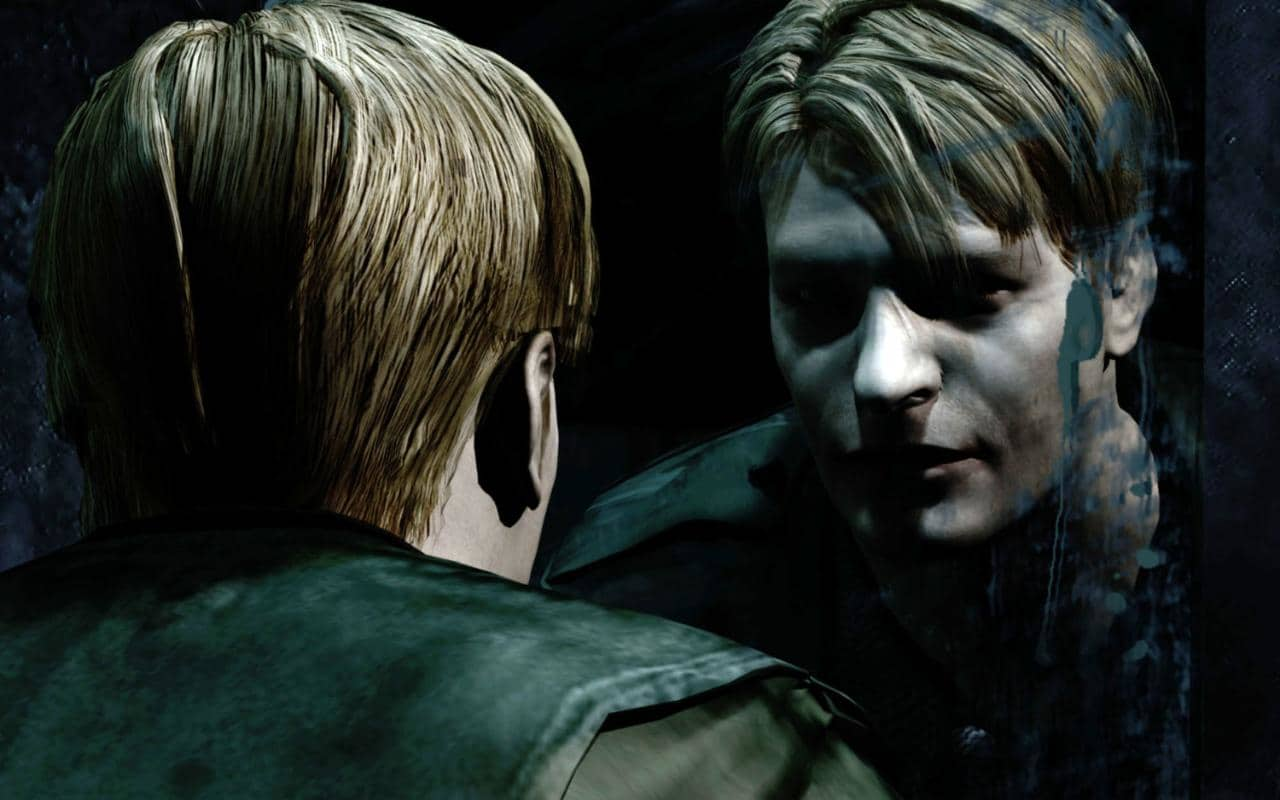Bloober CEO defends Konami: 'They do know what they are doing'
Where's my Metal Gear Solid 6 then?!?

After a long period of silence, last year brought what can only be called a glut of Silent Hill-related news. There's a new title set in 1960s Japan, Silent Hill Townfall from NoCode, and then perhaps the most-anticipated project of all: A ground-up remake of Silent Hill 2, considered by some to be not only the series' highpoint but the best horror game ever made.
Konami's Team Silent, sadly, no longer exists, and so development is being handled by Bloober Team, a studio that now styles itself as a specialist in horror. Bloober CEO Piotr Babieno is ambitious about what the developer can achieve on a project with a larger scale than it's typically worked on, and has recently been talking about moving beyond the oft-derided term of "walking simulator" in how it sets up and spooks out players.
"We still would like to make meaningful games, we still would like to keep our DNA to tell [stories] about things which are important to us," Babieno told IGN in an interview. "However, not by environmental storytelling, but by full action, to have much more mass appeal. And I think that this is the reason why we have chosen Silent Hill."
Babieno also went on, perhaps unsurprisingly, to defend Konami, the Japanese publisher behind Silent Hill which has, in recent years, been letting a whole bunch of beloved gaming series gather dust. Konami's reputation among elements of the gaming community is, however unfairly, at an all-time low, and the hangover from Hideo Kojima's acrimonious departure continues to this day.
"Those people who are in charge of Konami Gaming right now, of course I can't tell you all the details, but I believe that they do understand how gaming works," said Babieno. "They came from companies which worked on many great projects, and I'm pretty sure that they are making great choices by choosing partners, by choosing projects… And I do understand that people are a little bit angry at Konami for the stuff which happened in the past, but I would like to say, give them the time, because they do know what they are doing."
Sadly Babieno was less forthcoming about exactly what the studio's plans are with Silent Hill 2, and how it will re-imagine mechanics that sorely need it without losing the unique atmosphere and paranoia of the original. The only concerning note for me is that, when Babieno is discussing the studio's approach to horror games generally, the old canard of moral choices comes up.
"Our idea is to make games which will make an impact on you, that you understand more not so much about our characters, not necessarily about the universe which we are creating, but about yourself," said Babieno. "Because those choices which we are offering in the game will allow you to understand better, 'Am I [a certain kind of] person? Why did I make this choice and not the other? Is there something wrong with me?'
Keep up to date with the most important stories and the best deals, as picked by the PC Gamer team.
"Those moral conflicts, which are in the best games, are not made by people more than once, maybe twice [in real life]. Usually never. But because we have the opportunity to check ourselves by playing games, we are able to understand ourselves and others better."
Bear in mind that the above doesn't necessarily refer to Silent Hill 2: Bloober Team is working on that, but also an unnamed project with Private Division, while Layers of Fear is due in June.
The reason I flag it though is that Silent Hill 2 does have what could be termed 'moral choices', but they're implemented in a nuanced enough way that players could almost be forgiven for not noticing them. This subtlety is one of the reasons it's so admired, and the kind of moral conflicts Babieno is referencing are not made explicit but have to be gradually pieced-together and figured-out. Bloober's previously said "we want to stick close to the original." Let's hope it does.

Rich is a games journalist with 15 years' experience, beginning his career on Edge magazine before working for a wide range of outlets, including Ars Technica, Eurogamer, GamesRadar+, Gamespot, the Guardian, IGN, the New Statesman, Polygon, and Vice. He was the editor of Kotaku UK, the UK arm of Kotaku, for three years before joining PC Gamer. He is the author of a Brief History of Video Games, a full history of the medium, which the Midwest Book Review described as "[a] must-read for serious minded game historians and curious video game connoisseurs alike."

